SOUAD MASSI / “Raoui”
I really enjoyed putting together and listening to last week’s set of quiet pieces from Africa, so for this week’s Contemporary post I’m going to give y’all a little more of the same. It’ll be five new African artists (no repeats from last week) with five new examples of the gentler sounds of The Continent.
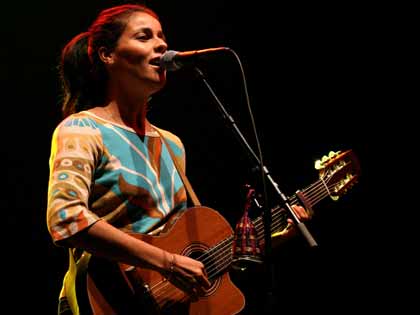
Let’s start with this week’s feature track, “Raoui” (from Raoui – Wrasse, 2001), an absolutely lovely ballad by Algerian singer-songwriter Souad Massi. Since pushing her way onto the international recording scene by virtue of a breakout live performance in 1999, Souad has become one of the most popular singers ever from Northern Africa. I don’t know if the problem is that Arabic doesn’t usually lend itself to melodic singing or if there’s some other problem, but African singers who achieve popularity outside of The Continent rarely hail from the north. Now on her third successful album, Souad has certainly broken that trend.
As a little lagniappe, here’s a link to Souad doing a live solo performance of “Raoui.”
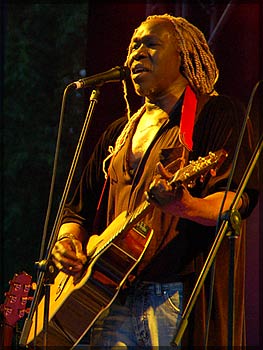
Next we’ll check out another acoustic guitar ballad, this one by Uganda’s Geoffrey Oryema. A lot of Oryema’s music, including this tune, have a searching kind of sadness to them. Your music might sound like that too if you’d been smuggled out of your home country in the trunk of someone’s car after your father was beaten to death. http://www.rootsworld.com/rw/feature/oryema.html
Today, Oryema lives in exile in Paris, France. His tune is called “Solitude.” The album the song comes from is entitled, not coincidentally, Exile (Real World, 1990).
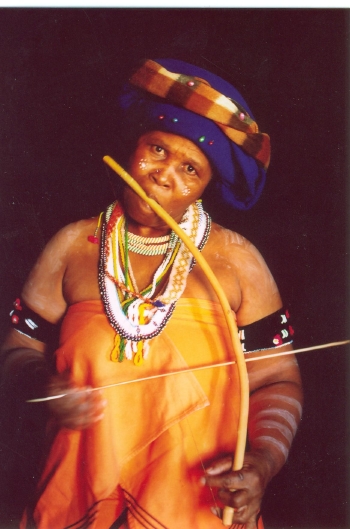
We started in Northern Africa and traveled to Central Africa. Now let’s go all the way down south for a very interesting dub piece by Madosini, a singer, multi-instrumentalist and performance artist from the Transkei region of South Africa. The track is “Nozimanga” (Uthando Luphelile Dub). From the first time I heard it, I found this song’s mix of modern dub techniques with traditional percussion and vocals positively hypnotic. I also liked that I was hearing a harmonious clash (to coin an oxymoron) of at least three different musical cultures: vocals from Africa, dub effects which originated in Jamaica and the sounds of the berimbau, which is from Brazil. That’s until I checked into the production credits for “Nozimanga” and discovered that the familiar twanging and buzzing notes I was hearing didn’t come from the Brazilian berimbau after all, but from the much older African instrument which inspired the berimbau – the Xhosa Uhadi bow. Hmmm.
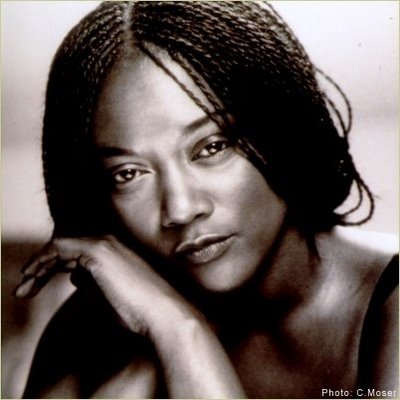
Khadja Nin is from Burundi, a tiny Central African country which, if you can locate it on a map at all, looks like a tiny speck sandwiched between the much bigger countries of Congo and Tanzania. According to Wikipedia, Burundi is as poor as it is small; its citizens are said to suffer the lowest ‘satisfaction of life’ figures anywhere in the world. As you might expect, Khadja had to fight long and hard to gain a foothold in the music industry. She emigrated to Zaire and then Belgium, where, following the death of her husband, she worked various menial and odd jobs to support herself and her young child. It wasn’t until Khadja was in her early thirties that she finally got a break and recorded her debut album. This week’s track, “Mzee Mandela,” is from Khadja’s fourth album Ya… (Ark 21, 2000).
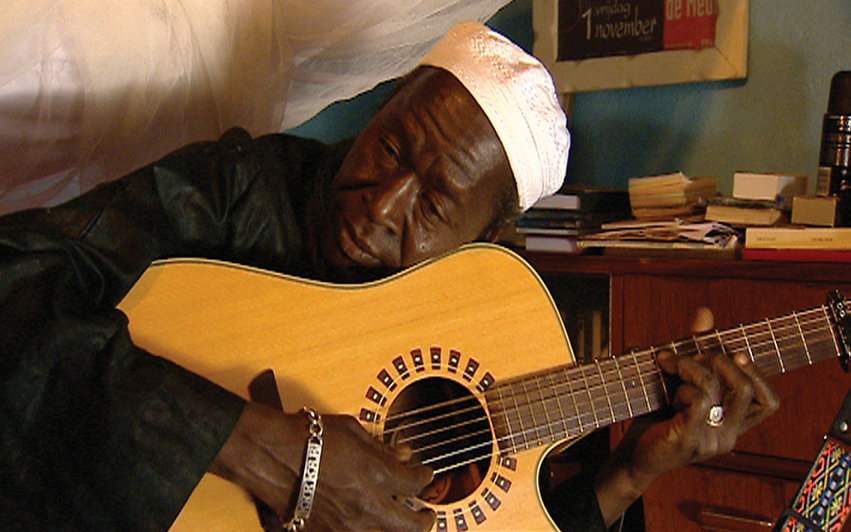 boubacar traore 01.jpg
boubacar traore 01.jpg
Particularly when it comes to music, Mali is as famous as Burundi is unknown. Our last tune is “Sa Golo,” by famed Malian singer and guitarist Boubacar ‘Kar Kar’ Traoré. I came across an Amazon review by a guy named Ian Herrick that does a better job than I ever could of describing some of the beauty and context of Boubacar’s music. Here’s some of what Ian had to say:
Kar Kar's guitar playing is stunning on all his albums. “Sa Golo” is no different. Listening to [his] songs…one can't help but wonder what influenced what: Does Kar Kar's music have a Spanish influence or is what we think of as Spanish actually African in origin? More likely, though, it that it is all a big interlocking tangle of influence – African music and Arabic music influenced Spanish music, African music meshed with Spanish music to become the Caribbean ‘Latin’ sound which in turn became very popular in West Africa. All of these no doubt contribute to Kar Kar's music, but his guitar playing, with its crisp treble flourishes, solid bass rhythms, and clean melodic echoing of the vocals, is unique. Baba Drame’s playing of the calabash perfectly accentuates Kar Kar’s rhythms, making it quite danceable.
So there you have it, people. Five more examples of hushed, elegant, lyrical and yet still quite powerful music from various artists of the Mother Continent, Africa.
—Mtume ya Salaam
I won’t even start to respond
If I were to respond, I would be adding at least five tracks to the jukebox and maybe another thousand words or so to this write up. I am familiar with everyone (especially love Kar Kar) you listed except Madosini. I had seen a reference to her before but never stopped to check out her music and… oh, damn, see, Mtume, you just made me tell a big, fat one.
I said I wasn’t going to add nothing but that Madosini track put me so much in mind of this a capella, multi-track album called Sangoma that Miriam Makeba did. It’s the same style. One of the most spiritual albums you ever want to let flow into whatever orifices on your body that will receive Makeba’s vibrations.

So that’s my contribution. "Mabhongo," one cut from Miriam "Mama Africa" Makeba.
I feel like doing some South African music next week.
—Kalamu ya Salaam
This entry was posted on Monday, May 12th, 2008 at 4:17 am and is filed under Contemporary. You can follow any responses to this entry through the RSS 2.0 feed. You can leave a response, or trackback from your own site.
One Response to “SOUAD MASSI / “Raoui””
April 19th, 2011 at 9:57 am
i like lesson to her music time and again
Leave a Reply
| top |